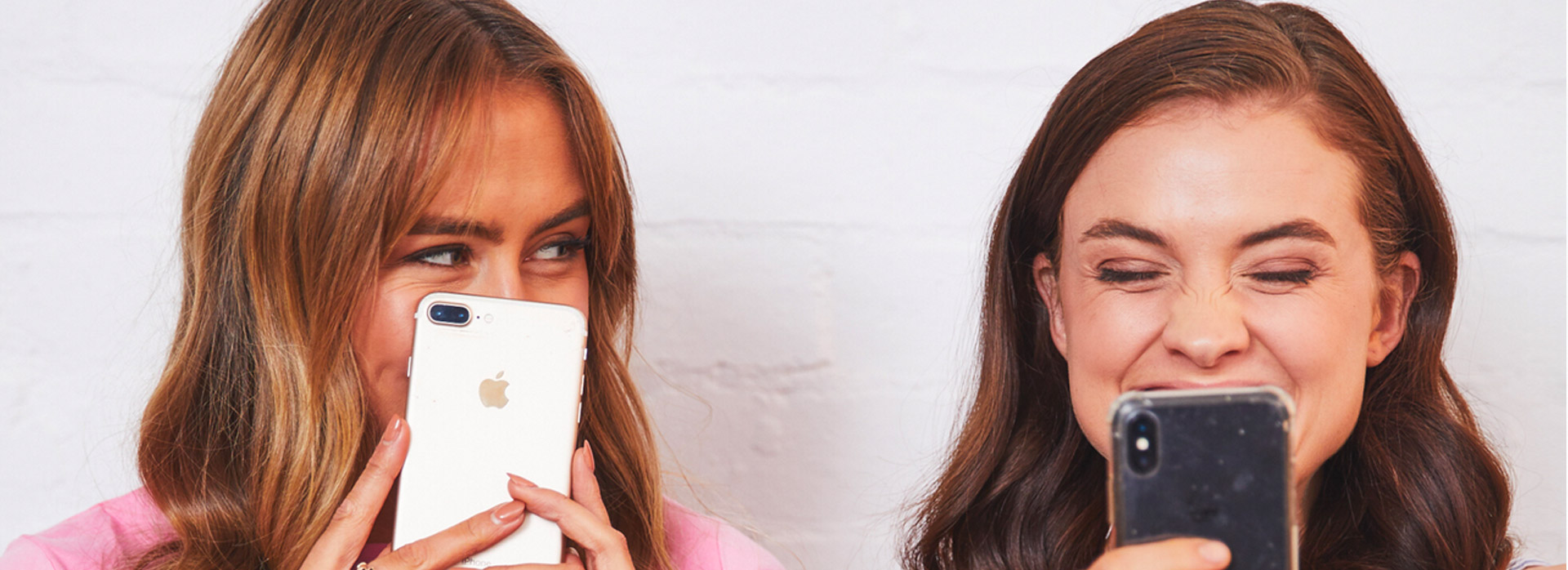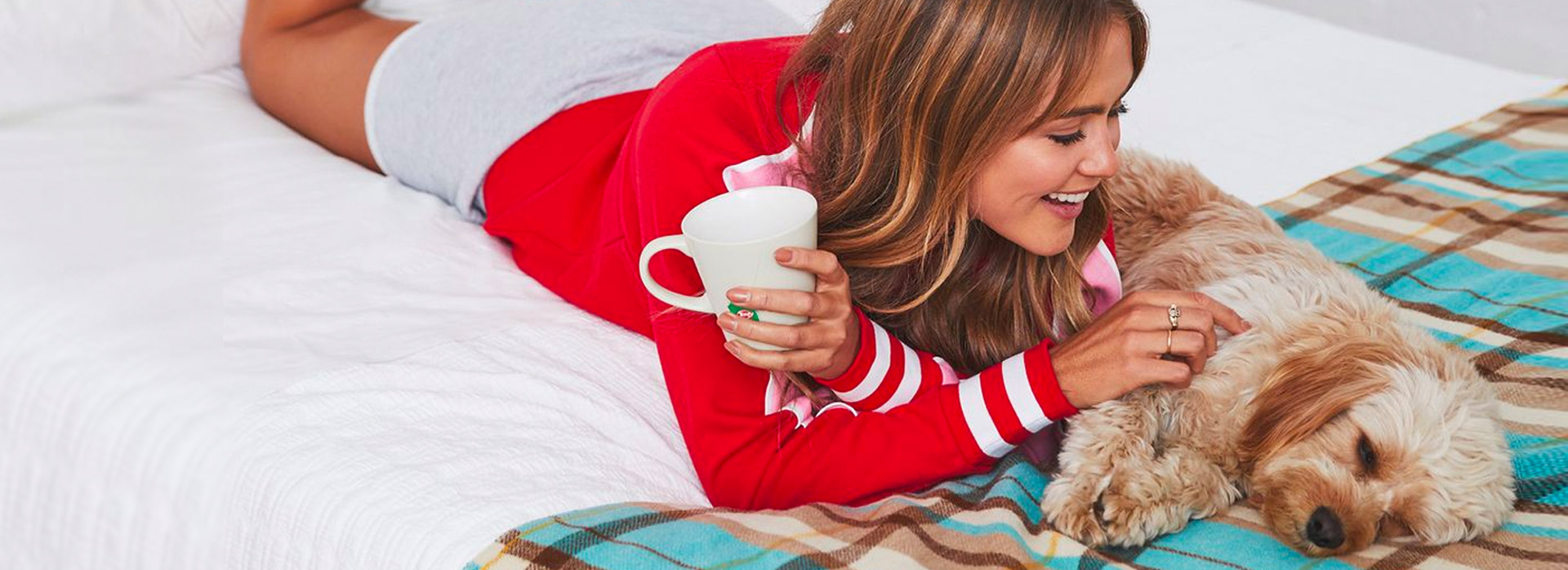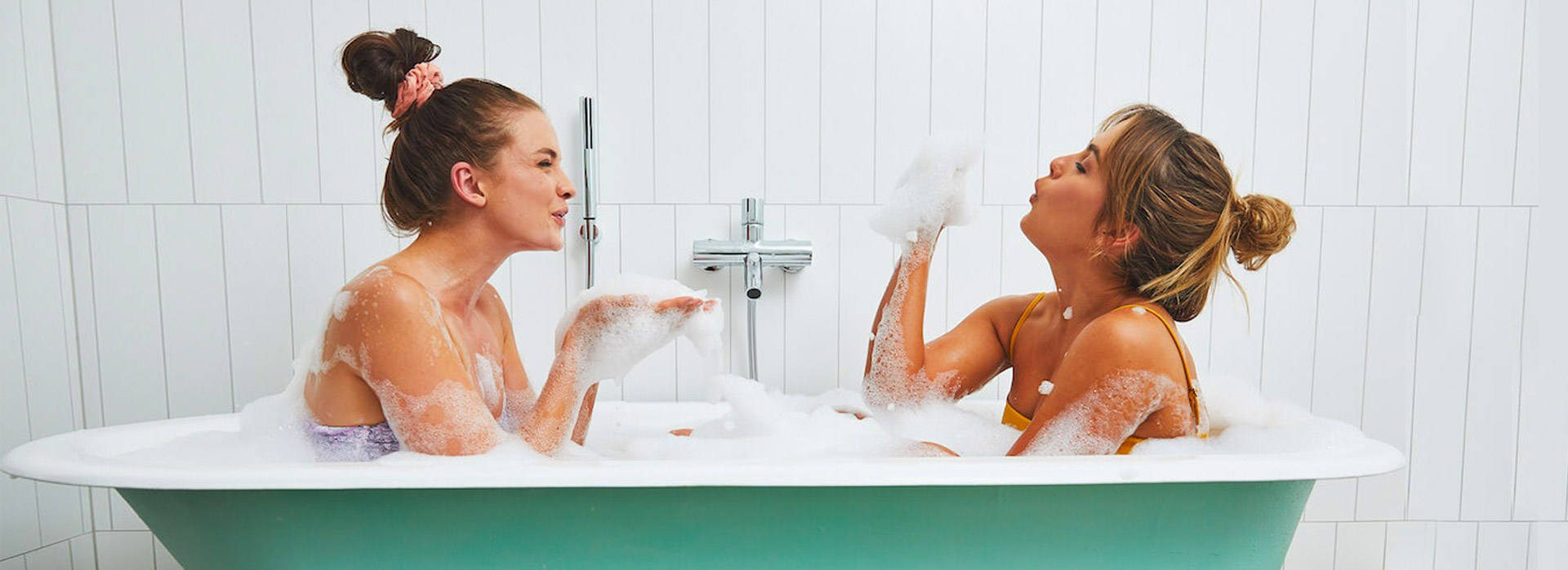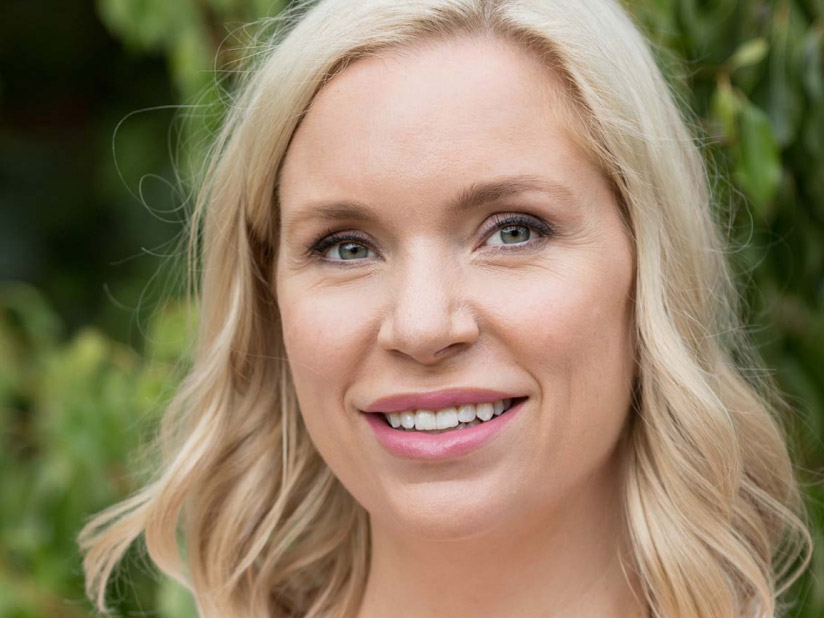5 Tips To Keep Your Lady Parts Happy!
When you think about your health, your lady parts sadly don’t often get much attention! However, there are easy things you can do to ensure your lady parts are in good health and this may save you from experiencing issues such as thrush and other annoying lady problems.
- Eat a Vagina-friendly diet: Foods like yoghurt, and probiotic drinks promote good bacteria in your gut which in turn help the health of your vagina. Prebiotic foods that are also good for your gut such as onions, garlic, sauerkraut, legumes are also good for your vagina. If you are prone to UTIS (Urinary tract infections) taking cranberry capsules may help. If you are prone to thrush (an infection caused by a fungus called Candida) yoghurt is your friend. Avoid excessive sugar in your diet as this can promote thrush. If you are on a course of antibiotics, you may like to take a course of probiotics afterwards to help prevent thrush.
- Wear Vagina-friendly Clothing: Especially in summer it’s important not to get too sweaty ‘down there’. Change out of your bathers as soon as you can. Get showered after your workout if possible. Wear cotton underwear that can breathe. Avoid g-strings if possible as this can introduce bacteria near your urethra which can then lead to UTIs.
- Bathing with your lady parts in mind: Keep washing and soap to a minimum. You really should only use water down there on the inside parts of your vulva. Avoid washing inside your vagina/douching (rinsing the inside of the vagina). The pH balance of your vagina is very delicate (it is acidic) and washing with too much water or soap can upset this balance and unsavoury bacteria may move in and lead to overgrowth of these bacteria and cause infections. Avoid scented washes and sprays down there as these can often irritate the sensitive skin of your vulva.
- Other Care ‘Down There’: Make sure you pee shortly after having intercourse as this will wash away any unfriendly bacteria. Wipe front to back after going to the bathroom (seems so simple but some people forget), and try and use 100% cotton period products such as tampons and pads when you can.
- See your Doctor if any concerns about your lady bits: See your GP for your first CST/Cervical Screening Test (the new PAP smear) when you turn age 25 and every 5 years after that. See your Doctor at any time if you experience any abnormal bleeding in between your periods or after intercourse. Bleeding in between your periods and after intercourse is NOT normal. Seek advice early if there are any issues with your lady parts including new itch or change in discharge, as there are often simple solutions to what may seem a huge problem!
You might also like

- Blog
- HEALTH
Being a woman, there is a good chance that one day you will need to see a Gynaecologist (Women’s Health Specialist) at some point in your life. Keeping up to date with your PAP smears/Cervical Screening Tests and any health concerns is important so I thought I would share a few facts about a visit […]

- Blog
- HEALTH
Some days you wake up happy, some days you can feel a bit sad. Sometimes your skin is radiant and other times it’s really not. Energy levels vary and your libido too! These changes aren’t just random – your Menstrual cycle may have more to do with how you are feeling than you think! Dr […]

- Blog
- HEALTH
Contraception. It is essential part of life unless you are planning on having a baby or three! What you may not know is there are plenty of old wives’ tales out there that aren’t totally true…



